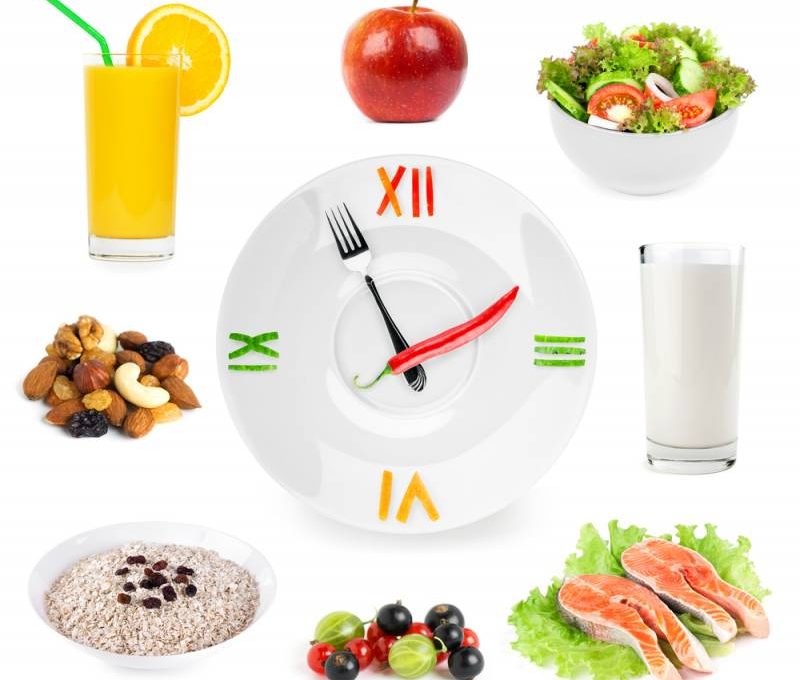Today, healthy eating is at the peak of popularity. More and more people are becoming adherents of a healthy lifestyle and giving up bad habits.
What does it mean to “eat right”? To eat a balanced diet and allow yourself some indulgences, or to set strict restrictions, eliminating a whole range of products from your diet? Does a healthy lifestyle consist only of eating right?
The more popular this topic becomes, the more myths appear around it. And it is often not so easy to understand the large flow of information. We have found the most common myths about healthy eating for you and debunked them.
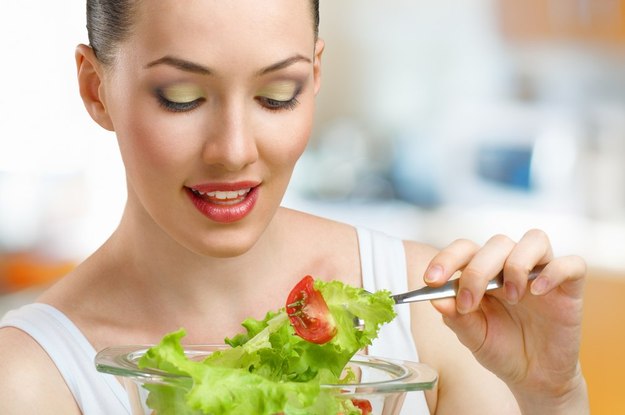
1. The less fat a product contains, the healthier it is.
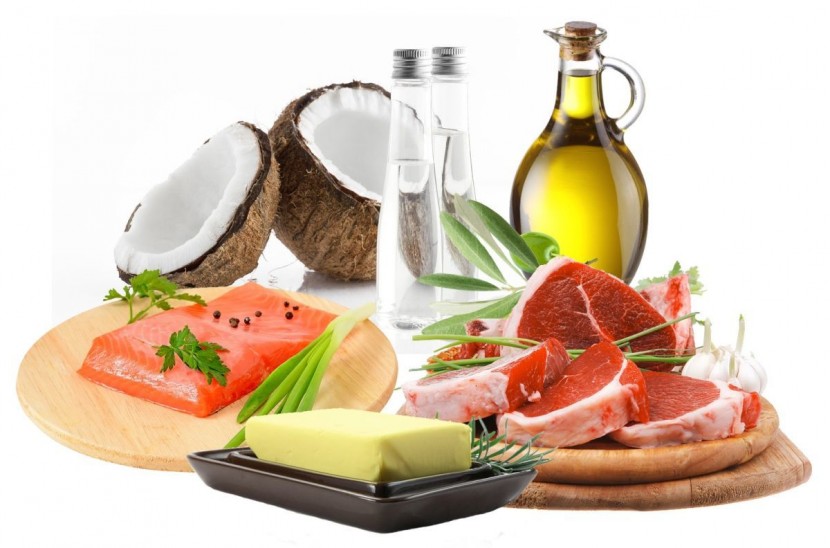
Fats are considered the worst enemies of the figure. And in vain. These substances are vital for the body. Only trans fats and saturated fats are harmful. And vegetable and animal fats in moderate quantities must be supplied to the body. For example, fish, nuts, fermented milk products.
2. Fruit juices are as healthy as fresh fruits.
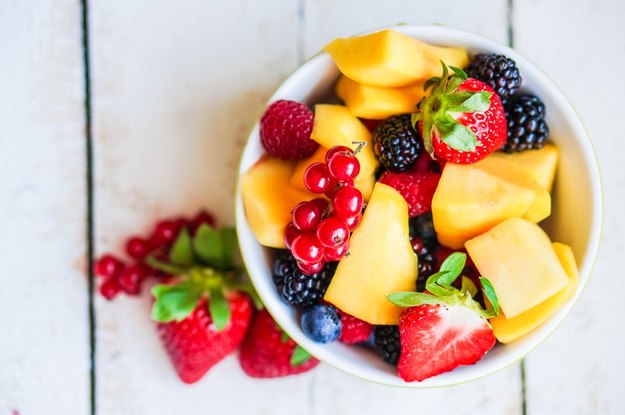
It is widely believed that fruits are very useful in absolutely any form. However, there is still a difference. Juices contain almost no valuable fiber, and the concentration of vitamins and minerals drops noticeably. That is why it is better to give preference to fresh fruits. By the way, we are talking about freshly squeezed juices. You can safely forget about packaged nectars from the store forever. They contain too much sugar, preservatives and other food additives.
3. Healthy eating is not tasty
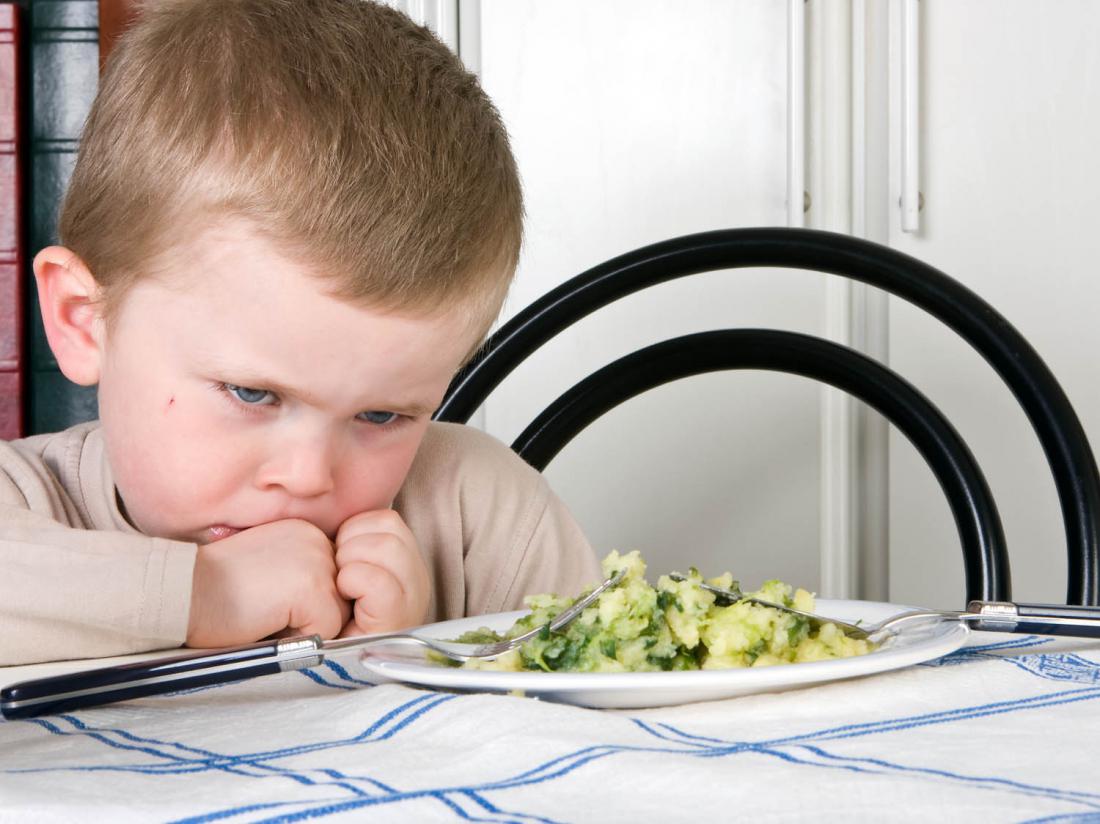
People who know about healthy eating only by hearsay sometimes give completely absurd arguments in favor of their laziness and lack of willpower. Healthy eating is not tasteless food.
You can experiment and find new interesting combinations and dishes for yourself. For example, stuffed vegetables.
4. Healthy food is expensive
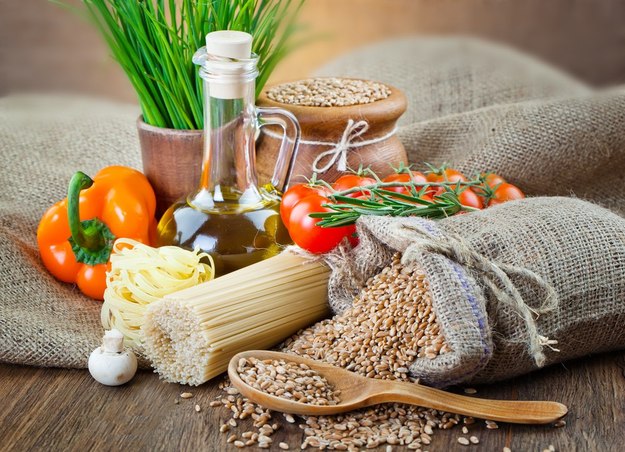
Another favorite excuse of opponents of a healthy lifestyle is the assertion that in order to eat right, you need to have untold wealth. This is a myth. Healthy eating can be quite affordable. For example, the price of cereals and seasonal vegetables is quite acceptable. It is not at all necessary to buy products labeled "organic". This does not always mean that you are really getting something healthy.
5. Reducing calories is the only way to lose weight
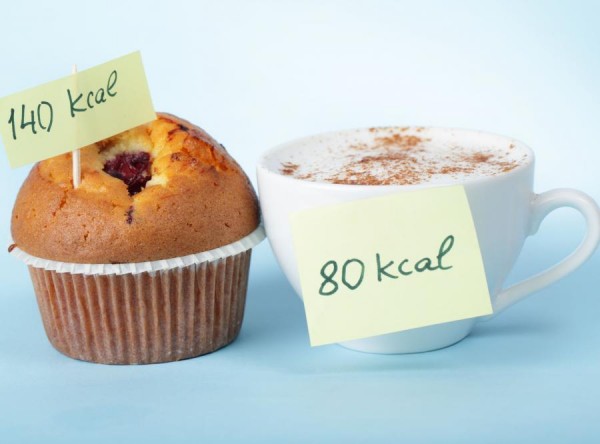
Reducing calories if you want to lose weight is completely natural and logical. Only if we are not talking about starvation diets. Nutrition should remain balanced and complete. You should consume slightly fewer calories than you burn during the day. To see good results, you must also include physical activity and sports in your schedule.
6. Sushi and rolls are a dietary product.
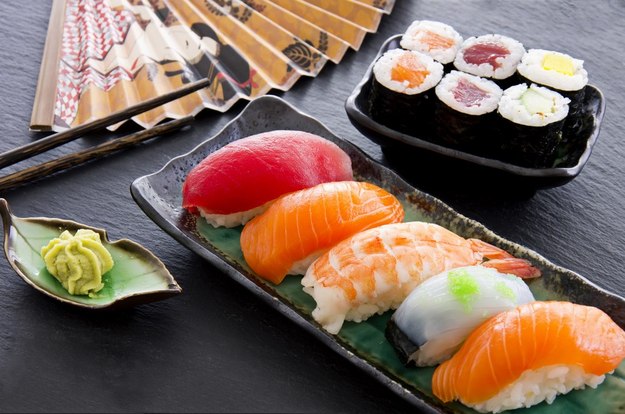
Sushi and rolls themselves will not cause much harm to the figure. Although white rice, which is used to prepare this product, is not a leader among dietary products. The greatest danger is still posed by soy sauce, without which no lunch or dinner in a Japanese restaurant can do. It is very high in calories and will not help you get a flat stomach.
7. Snacking is harmful
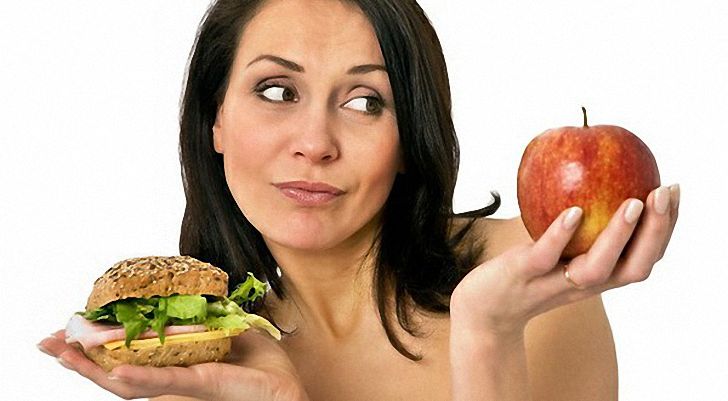
Snacks are not harmful, but an absolute necessity. They should be present in the diet of every healthy person, because during the day it is necessary to replenish reserves of vigor and energy. It is only important to be able to choose these very snacks correctly. Chocolate bars and other sweets are not suitable.
Several interesting and useful options.
An apple and seven walnuts
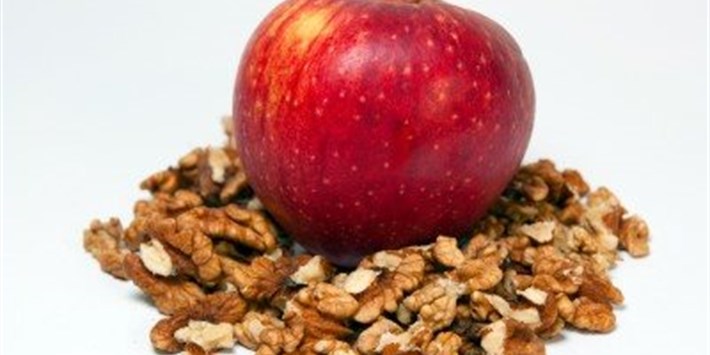
The English say that by eating one apple a day, you save on the doctor. And the Russians say: "An apple for dinner, and you don't need a doctor." There is no doubt about the benefits of apples. In addition, the apple is one of the lowest-calorie fruits that can be safely eaten both during the day and in the evening.
Some people experience an increase in appetite when eating an apple. Therefore, it is worth eating walnuts with it. They contain omega-3 polyunsaturated fatty acids, which participate in the formation of the sheath of nerve fibers. In addition, you will chew walnuts, like an apple, and chewing increases the feeling of satiety.
Watermelon
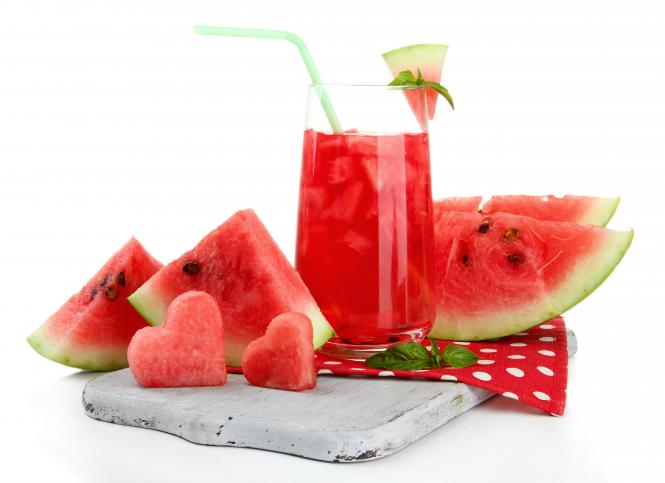
Watermelon is good because it is low in calories, rich in fiber, vitamins, minerals and antioxidants. It is also a source of lycopene, which supports vision.
In addition, watermelon on 92% consists of water. And as you know, food products that contain a large amount of water can deceive the body, giving a false feeling of satiety.
Dried figs
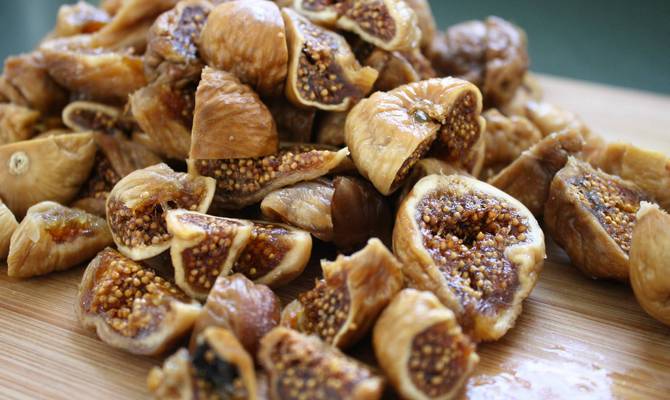
Figs in any form are a real gift for our body. They are a natural source of energy that will improve your mood and performance. Dried figs are the first among dried fruits in terms of fiber content, which helps improve bowel function and cleanse the body of toxins and waste.
It can also improve metabolism and has a diuretic and laxative effect. However, during a snack, you should only eat a few pieces, as it contains a lot of calories.
Sauerkraut
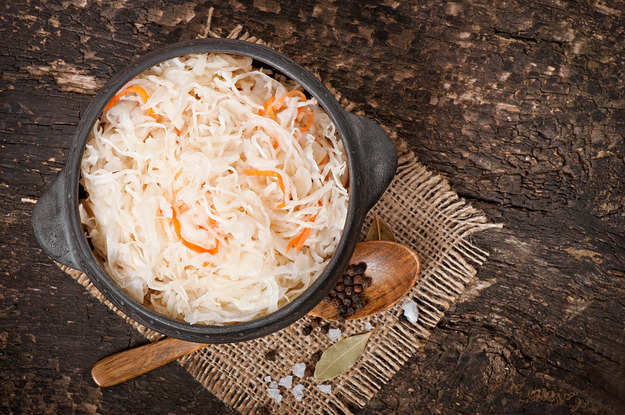
Sauerkraut is much more beneficial than fresh cabbage. It's all about the lactic acid bacteria that are released during fermentation, they "preserve" all the microelements in the vegetable. One spoon of sauerkraut contains a daily dose of vitamin K, which is required for blood clotting. Sauerkraut can strengthen the immune system due to its high content of vitamin C. It is also a rich source of vitamin B, which is responsible for the nervous system.
Natural dark chocolate
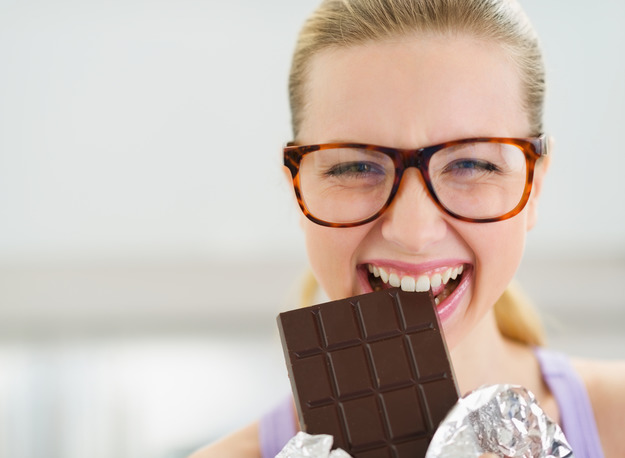
There is good news for those with a sweet tooth - you can indulge in some natural dark chocolate, which will satisfy your sweet tooth. What is the difference between dark chocolate and milk chocolate? Dark chocolate contains more cocoa beans than sugar. It perfectly satisfies hunger, you just need to put a couple of "cells" of the bar under your tongue. Experts say that dark chocolate even reduces the likelihood of obesity and type 2 diabetes.
Baked pear
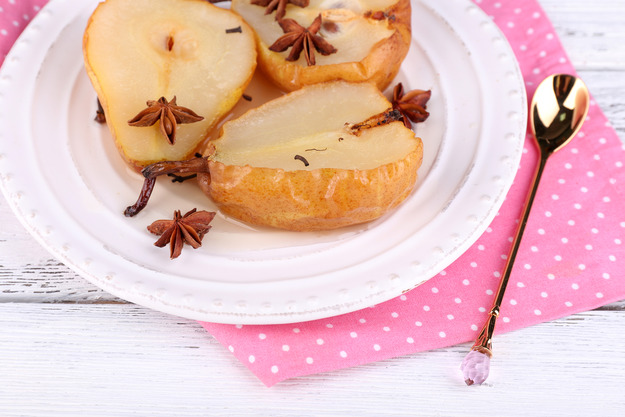
This fruit can be eaten in any form during a snack. Pears can be used to make incredibly delicious and exquisite desserts. A pear can cure some diseases, because it contains many essential oils and biologically active substances. Baked pear can diversify the menu of those losing weight without harming the figure. And if you add a little cinnamon, you will get double the benefit.
8. Diet soda is healthy
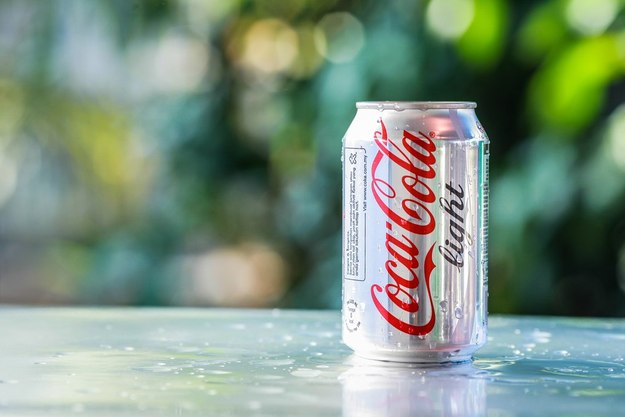
The clever marketers who invented diet Coca-Cola never tire of convincing us that it does not contain any extra calories. Some people readily believe the tricks and think that sweet soda fits perfectly into the canons of healthy eating. This is not true. Diet products often add even more dyes, preservatives and sugars to mask the distinctive taste.
9. You should buy only organic products
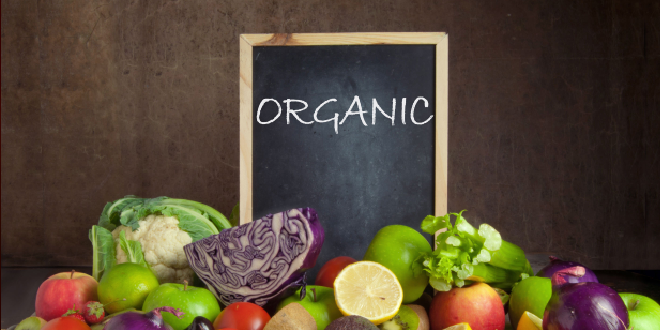
This point is very similar to the previous one. Labels and tags on products that proudly proclaim “100% natural” or “organic” often have nothing to do with reality and are no different from their regular counterparts. Such inscriptions are intended to stimulate sales rather than to objectively assess the composition of a particular product.
10. Carbohydrates should be reduced or eliminated from the diet
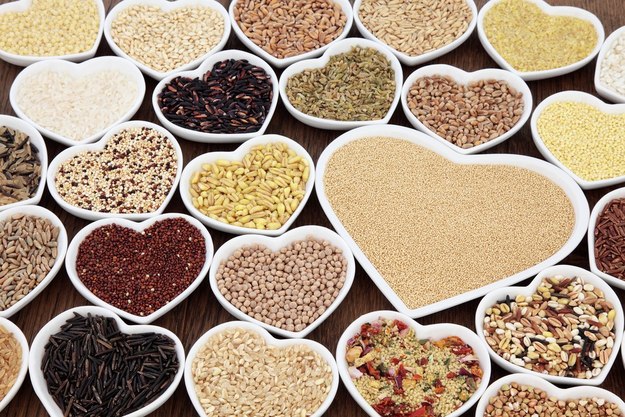
Those who are losing weight mistakenly dislike not only fats, but also carbohydrates. In the case of the latter, there were also misunderstandings and distortions. Carbohydrates are different: simple and complex. It is really better to reduce the consumption of simple carbohydrates to a minimum, since the feeling of satiety after them quickly passes. And complex carbohydrates, on the contrary, should definitely be included in the diet if you decide to start eating right.
11. Fresh vegetables are healthier than frozen ones
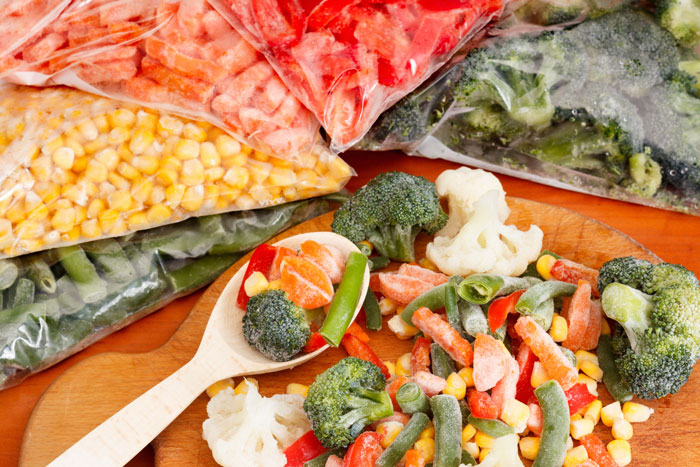
Modern freezing technologies allow preserving absolutely all vitamins, minerals and other useful substances in vegetables. This is especially important in winter, when not very fresh vegetables and fruits appear on the shelves, which have practically no benefit.
12. Raw fruits and vegetables in any quantity are very useful.
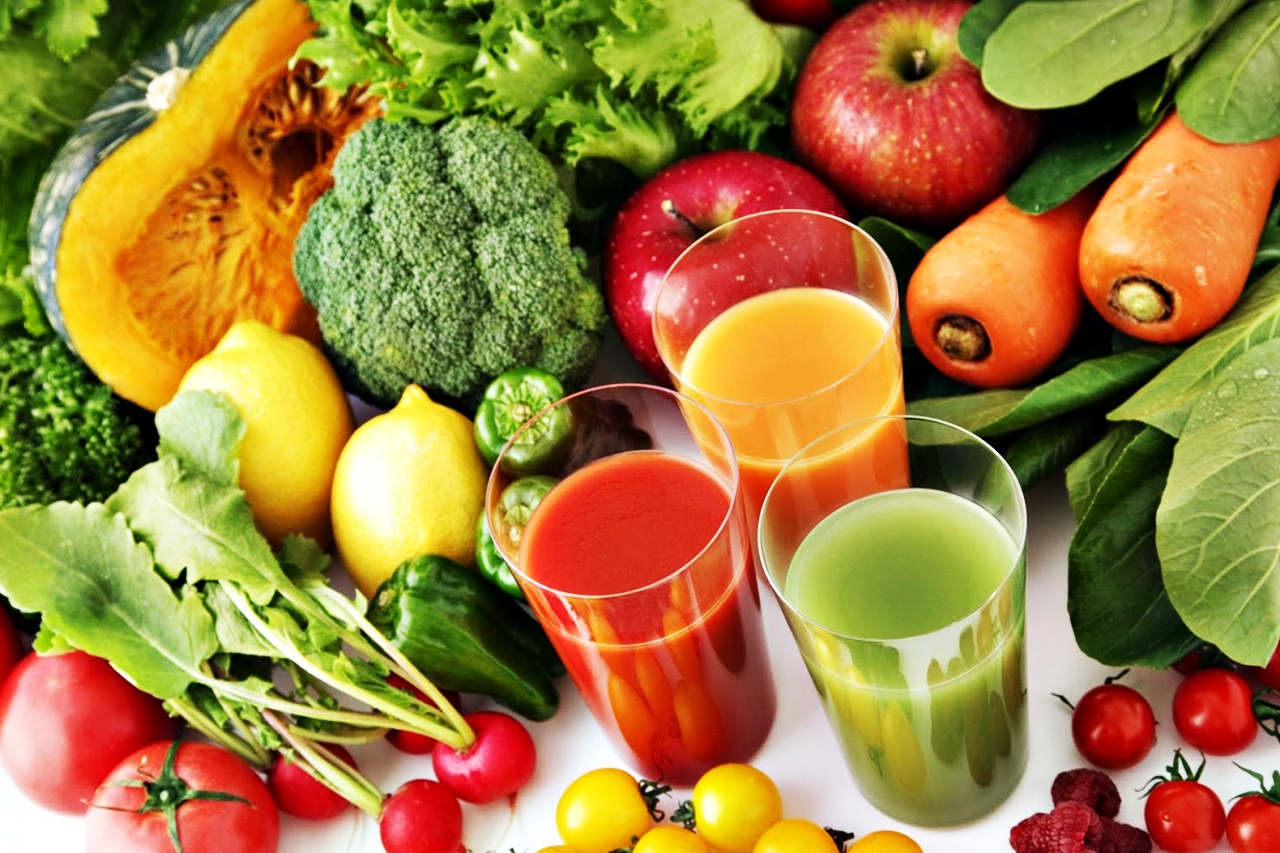
Yes, they contain many vitamins and are very useful, but not always, not for everyone and in certain quantities. There are people, and there are quite a few of them, whose body does not digest raw fiber well, and it is preferable for them to eat such food stewed. Even a small amount causes heartburn, loose stools and bloating.
But even those who have no problem with this need to eat boiled vegetables. Nutritionists recommend a ratio of two to three.
If you eat raw vegetables and fruits after a meal, fermentation processes will begin and, as a result, the process of rotting. It is ideal if you eat them as a zero dish and then take a break for half an hour.
Another point that few people pay attention to is that the best vegetables and fruits to eat are those that grow in the area where you live.
13. If you don't eat soup at least once a day regularly, you will get a stomach ulcer.

To date, this has not been confirmed by doctors, nutritionists or scientists. No connection has been found between not eating or eating soup and stomach ulcers. Of course, soup, properly prepared from healthy products, is very healthy, but if you do not eat soups often, there is no guarantee that you will get an ulcer. What products and how you eat are much more important.
14. All chocolate without exception is harmful
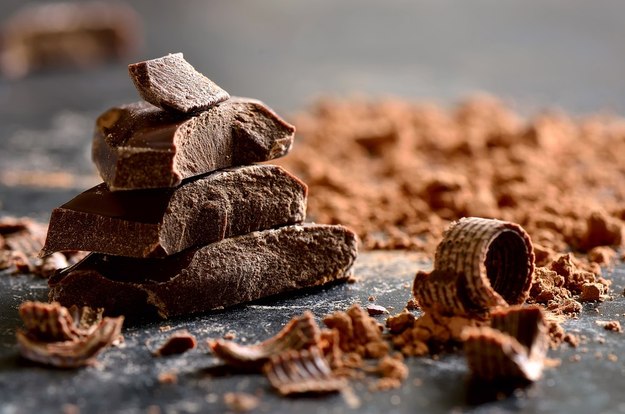
If you are horrified by the thought of chocolate, it is time to reconsider your opinion. Not all chocolate is bad for your figure. There is dark chocolate, which contains a lot of vitamins. It strengthens the immune system, stimulates mental activity, and improves the cardiovascular system. So one piece of dark chocolate in the morning will only do you good.
15. Granola is always nutritious and healthy
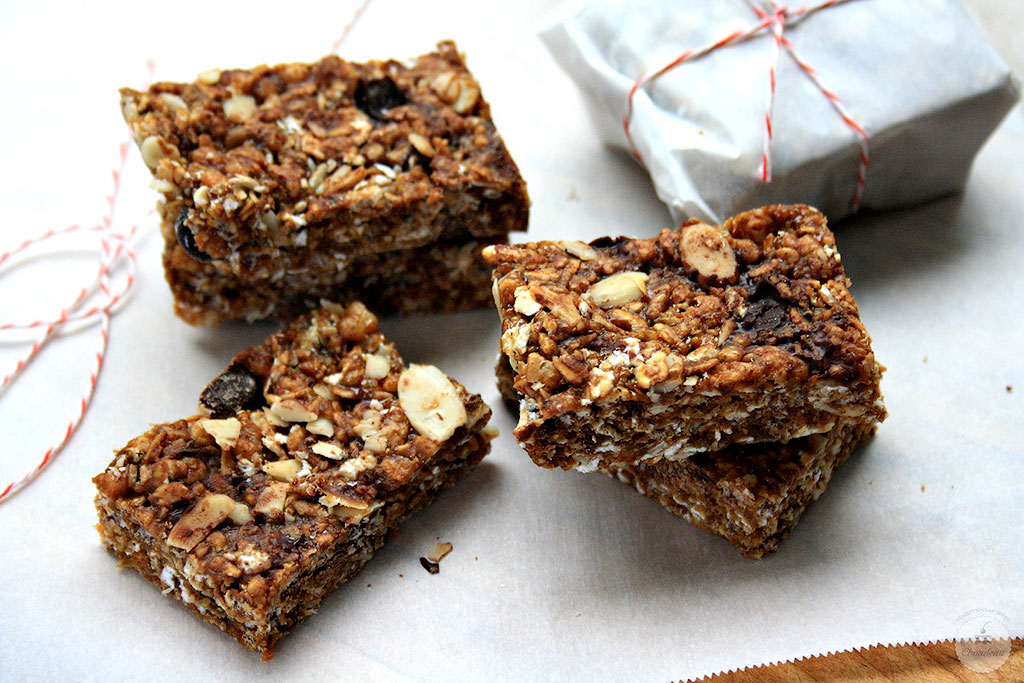
This popular snack, which came to us from the United States of America, is considered one of the most nutritious snacks. However, this product is not always really healthy. Granola sometimes contains artificial sweeteners designed to reduce the calorie content of the product. They, in turn, only provoke an increased appetite and a desire to eat more than necessary. Choose granola carefully.
16. The fewer meals, the better
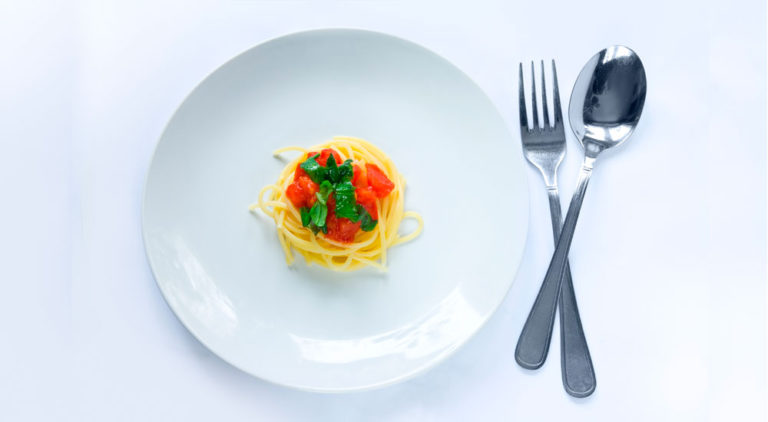
The less you eat, the more your body stores in reserve. For a person, 2 meals a day is not enough. Even if they are very large and filling. This is even worse. The stomach stretches, and excess calories turn into fat. Ideally, there should be about 5-6 meals: a full breakfast, lunch, dinner and 2 snacks during the day.
17. You need to forget about sweets

For some reason, it is believed that with proper nutrition you need to forget about sweets once and for all. Firstly, everything should be in moderation. Sometimes you can treat yourself and allow yourself to eat a piece of your favorite delicacy before 12:00. Secondly, who said that sweets are only unhealthy food?
18. Separate meals will definitely help you lose weight
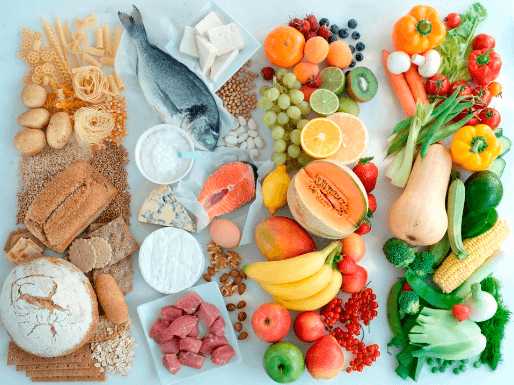
Nature has programmed humans and their digestive systems for mixed nutrition. The stomach and pancreas produce a whole set of enzymes during the process of eating, which are capable of digesting proteins, fats, and carbohydrates at once. It has not been scientifically proven that separate nutrition is more effective in the fight against excess weight. Research shows that such a system has no advantages other than psychological ones. With separate nutrition, a person more carefully monitors the portion and, as a result, serves himself less food.
19. Black bread is healthier than white bread
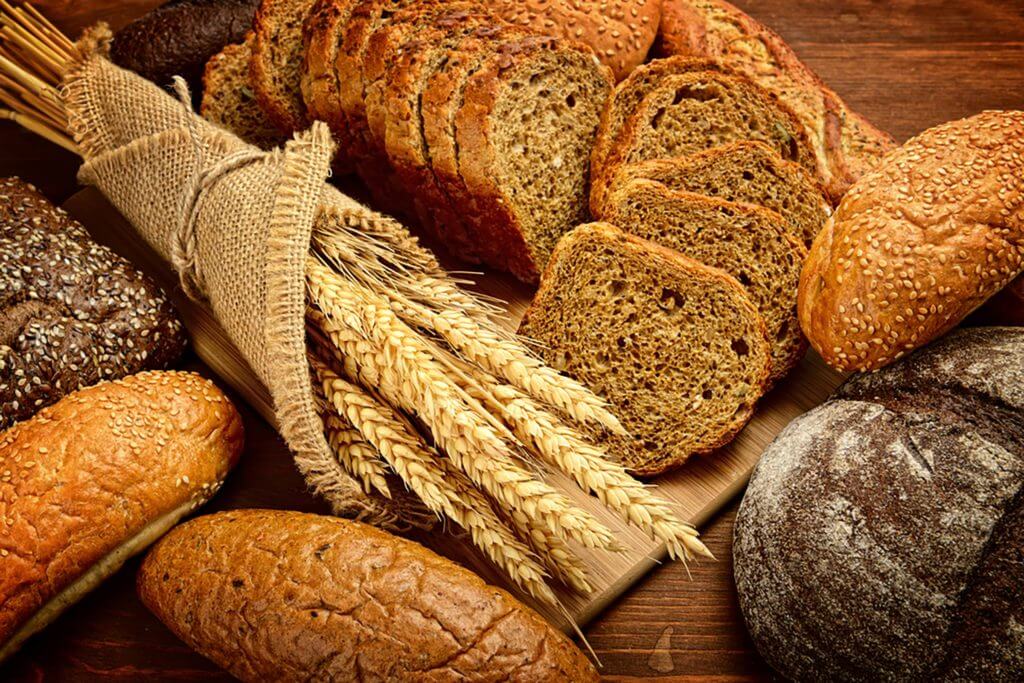
This is not always the case. Dark bread may not mean high fiber content, but the effect of caramel dyes. As for the caloric content, it is almost identical for black and white bread. Bread with bran and whole grain is truly healthy.
20. You shouldn't eat after six
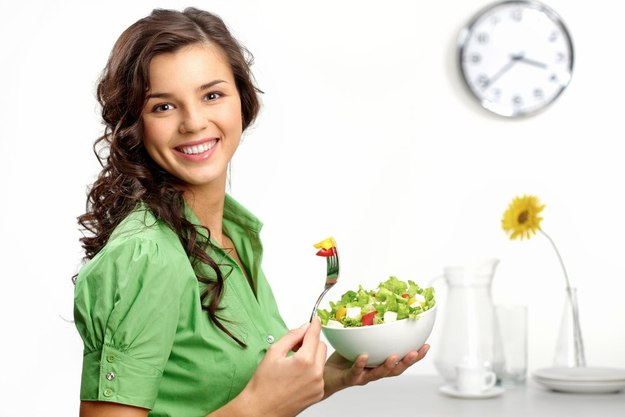
A popular rule that should never be followed. Especially considering that with the modern pace of life, many people go to bed only at midnight. It is not recommended to eat 3-4 hours before bedtime. This is necessary so that the body can rest, and not process your food.
Important! When you exercise intensively, many of the tips change radically.
21. To curb your appetite, you need to eat some fruit.
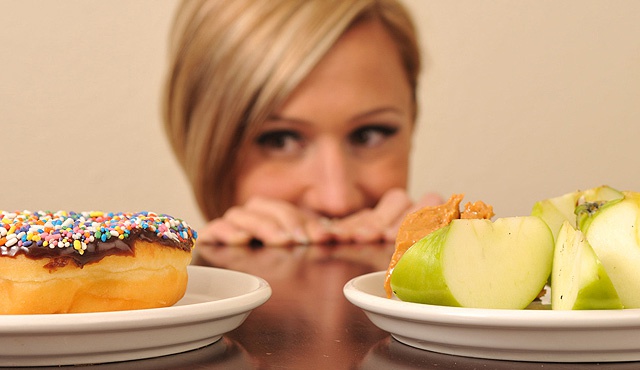
Fruits are very healthy, which means they can suppress hunger if it suddenly overtakes you. However, it is better not to do this. The thing is that sweet and at the same time low-calorie fruits, such as apples or oranges, can awaken a wolfish appetite, causing blood sugar levels to jump. After such a snack, insulin levels will remain elevated for some time. It is much more effective to drink a cup of unsweetened green tea.
22. Oatmeal is the healthiest breakfast
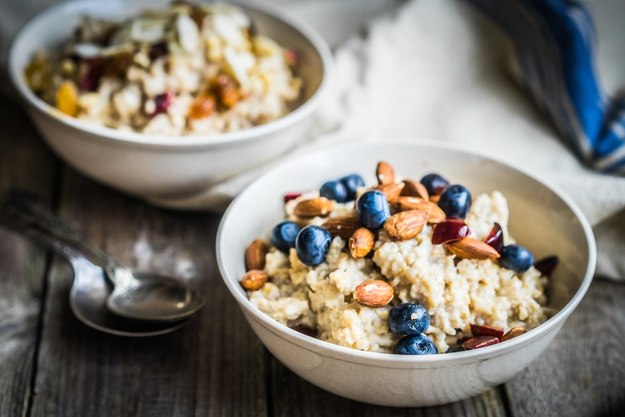
This myth is only half true. Oatmeal is only healthy if you cook it from coarsely ground oats. This is not sold in all stores and supermarkets. Processed oatmeal is mostly deprived of its beneficial properties and does not saturate the body as much as we would like. Also avoid instant porridge. It is not a source of nutrients at all.
23. It is necessary to drink at least 2 liters of liquid
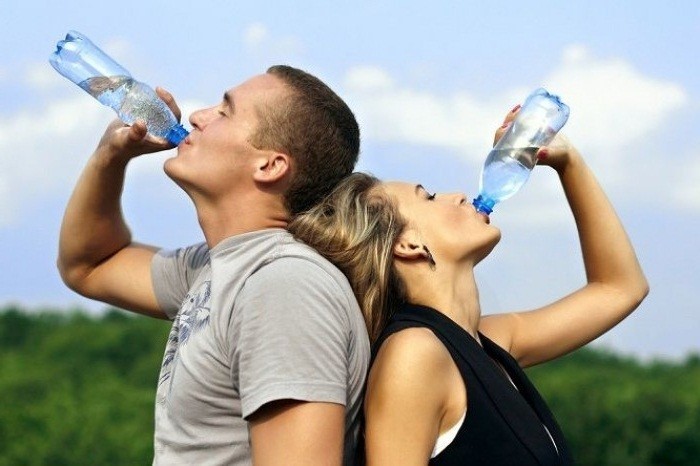
Deception number one, you need to drink not liquids, but pure water. Although we are already used to adding soup, tea, and generally everything contains liquid. Deception number two, you need to drink not 2 liters, but your norm. And the norm is calculated very simply, you need to multiply your weight by 30 ml. That is, for example, a person who weighs 57 kg needs to drink 1.7 liters of pure water. But those who weigh, for example, 80 kg, need to drink almost 2.5 liters of pure water.
24.Breakfast is a mandatory meal.
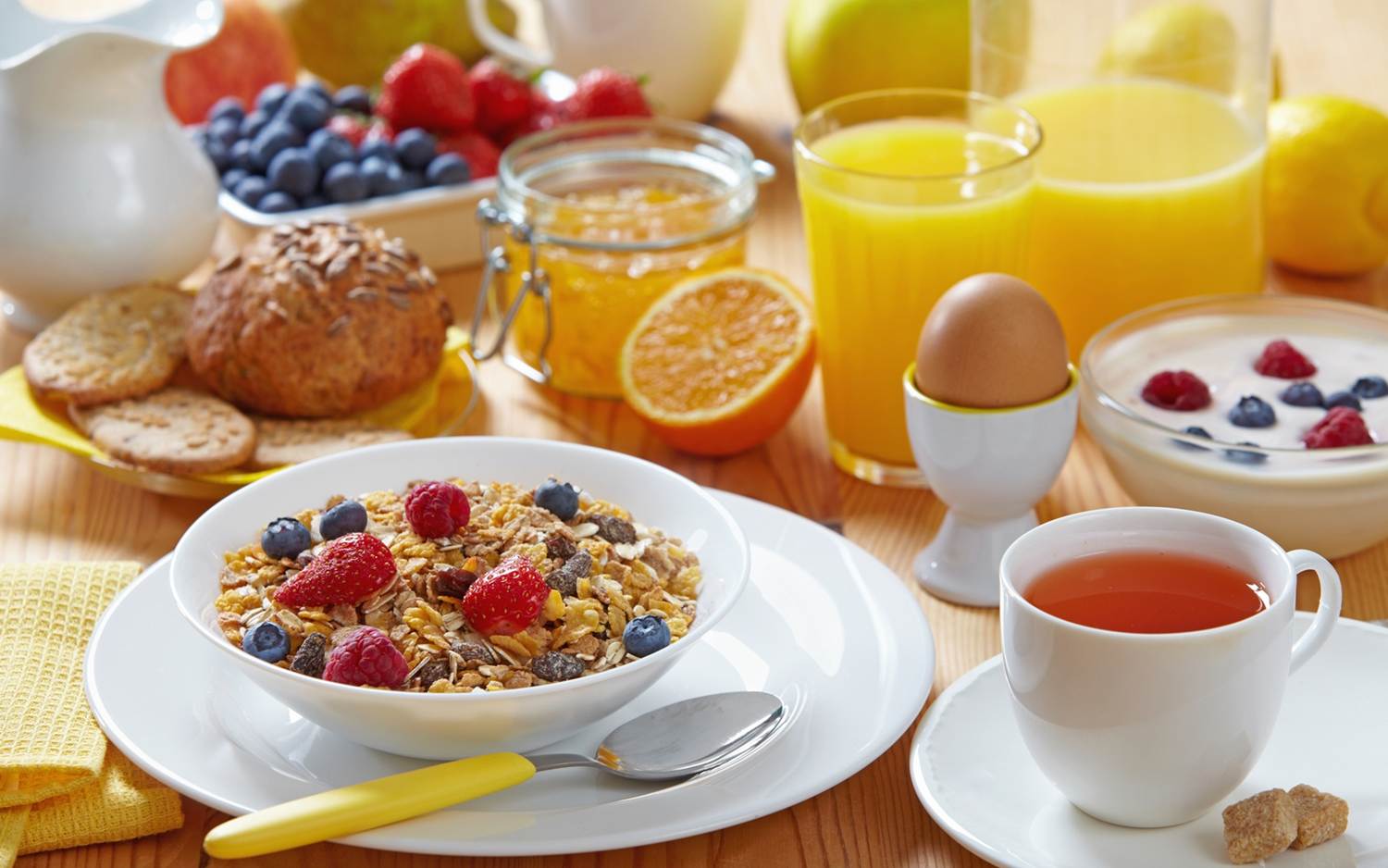
My opinion regarding the fact that you should definitely eat after waking up is somewhat different. If your body does not accept the morning meal, after it you feel heaviness and discomfort, just wake up your body with a glass of water and eat two hours later. You do not need to force yourself, but do not go to extremes, postponing breakfast to the time of afternoon snack.
25. You should definitely eat porridge for breakfast.
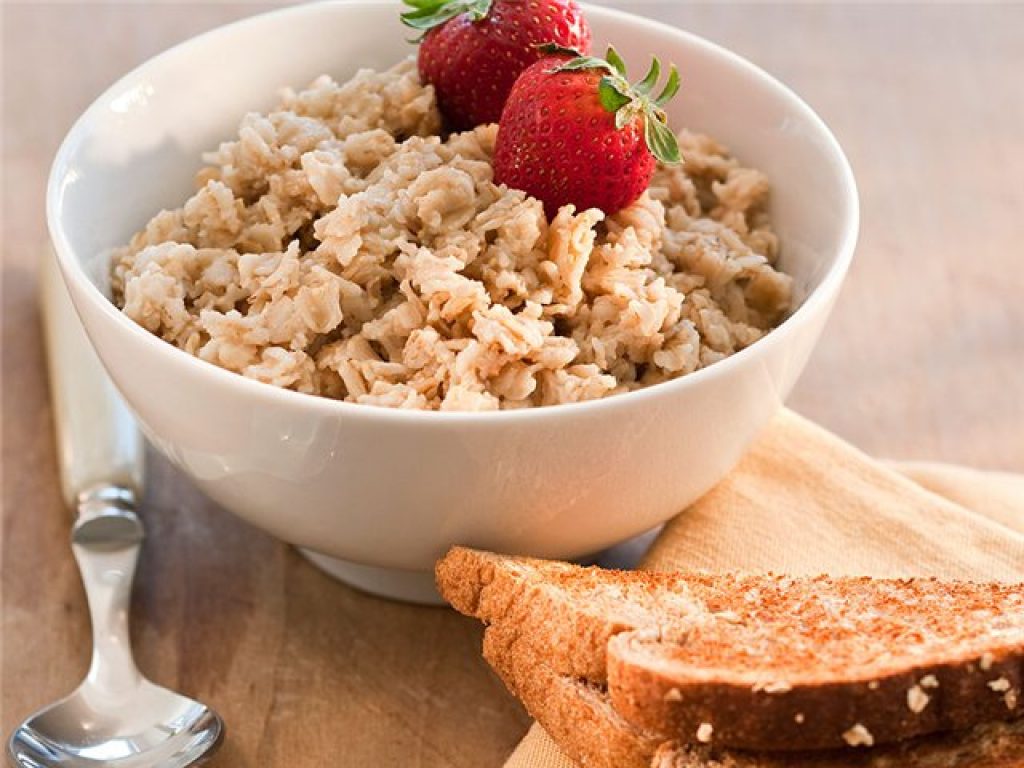
Yes, porridge is complex carbohydrates that will provide energy for a long time. But there are different types of metabolism. For some people, the scheme "ate porridge - full for a long time" does not work and after half an hour they want to eat again. As a rule, this happens with the protein type of metabolism, but this cannot be said unequivocally. In this case, it is appropriate to eat protein foods for breakfast.
26. You need to eat sweets in the morning so that these carbohydrates burn during the day.

This rule is promoted by nutritionists without medical education, guided by everyday logic. From a medical point of view, this is categorically wrong. When a person eats sweets, the hormone insulin is produced in the body. A sharp release of insulin into the blood in response to the sugar received leads to a subsequent sharp drop in the level of insulin in the blood. Half an hour after eating sweets, you will begin to have the most terrible carbohydrate hunger, provoking you to consume everything that comes your way. I recommend leaving sweets for a daytime snack (afternoon snack). There is a theory that the insulin level spontaneously increases between approximately 4:00 PM and 6:00 PM. At this time, eating sweets is relatively safe for your health and figure.
27. In the morning on an empty stomach you need to drink a glass of water with lemon
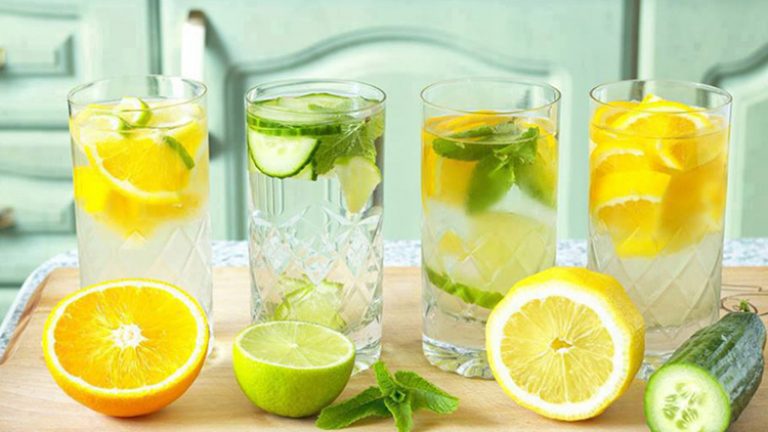
This is a very controversial statement, since there is a common problem of gastritis and heartburn, which many people do not even know about. Additional acid in the acidic environment of the stomach can provoke serious health problems. It is better, in my opinion, to add berries or mint. The daily water intake rate is 2 liters. Excessive water consumption provokes the leaching of minerals, and a small amount of it does not satisfy the vital needs of the body.
28. If I exercise actively and eat a lot, I will definitely gain weight and become bigger.
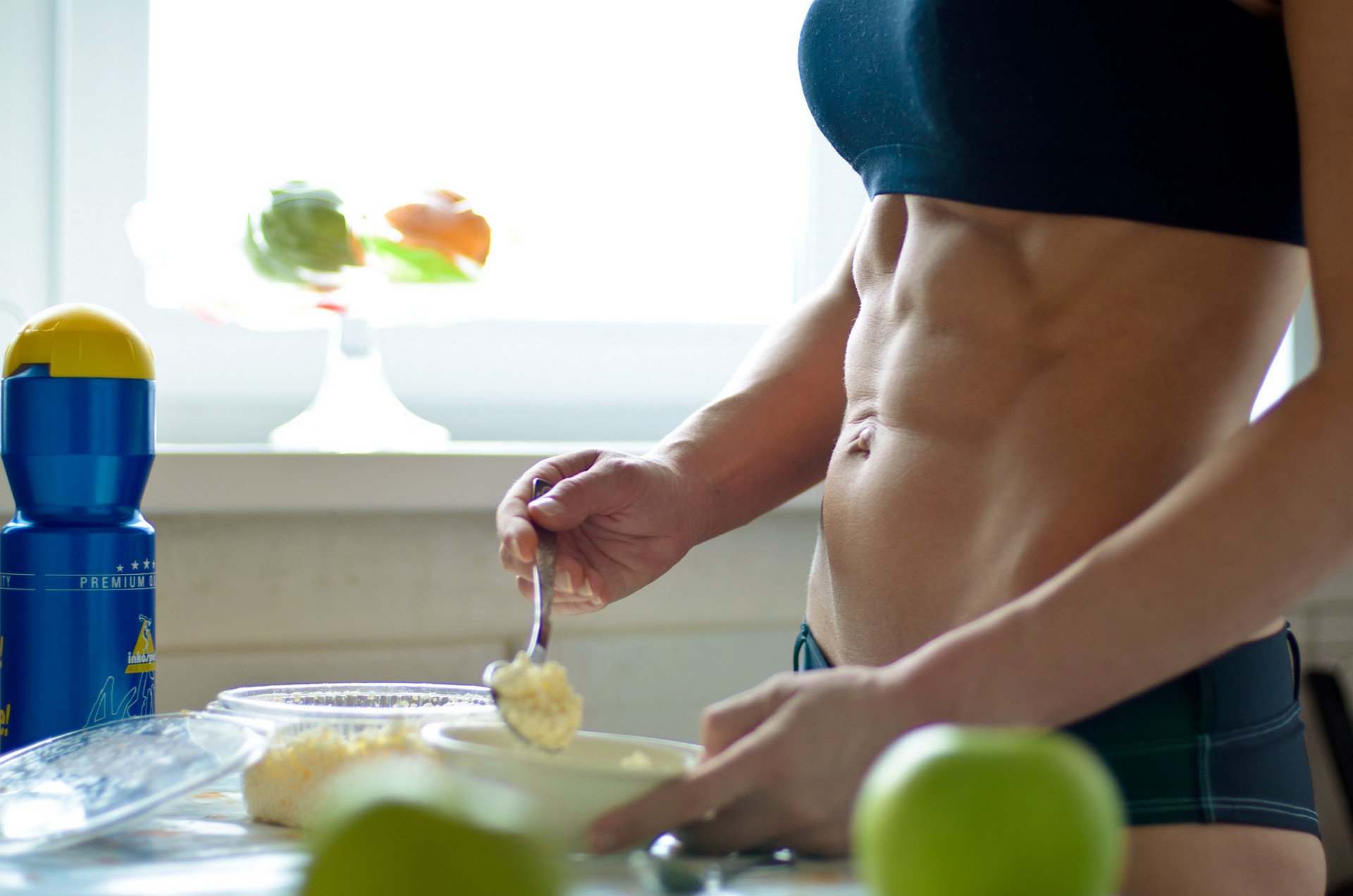
No! Only if you eat very little and exercise a lot or vice versa, eat a lot and exercise little. This is also possible if you do not eat for two hours after an intense workout or eat everything immediately after the workout. In all these cases, your weight will increase and your health will deteriorate. Never train on an empty stomach! Before an early workout (morning jog immediately after waking up), you can eat something light and carbohydrate, this will provide energy, for example, a natural energy bar or a banana. Immediately after an afternoon or evening workout, it is also advisable to eat something light and carbohydrate and eat a full meal in an hour and a half. After a late workout, you need to eat something protein. Protein never turns into fat, just do not overdo it with the amount. Many people believe that you can get big because of strength training, so they focus on cardio workouts. This is fundamentally wrong, because muscles are the main consumer of energy. Earning voluminous muscles is a very difficult task and it is impossible to achieve it by accidentally pumping up too much.
29. You can't drink while eating.
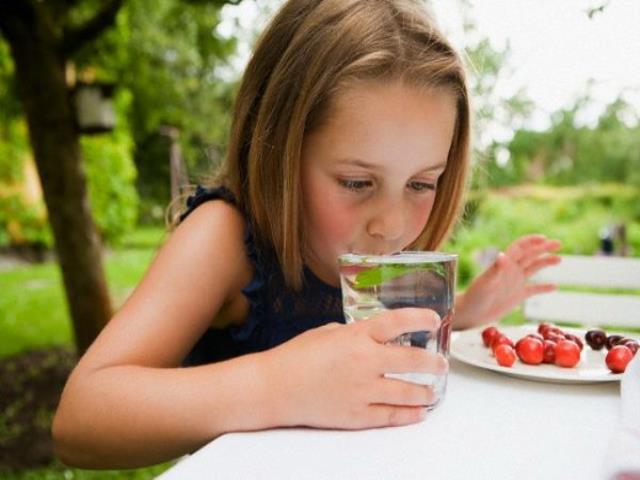
This is an old school statement. If the body has adapted to our consumption of Coca-Cola, then it has certainly adapted to a mixed diet. Of course, if you drink one and a half liters of liquid during a meal, this will help slow down the digestion of food. But if you have a sense of proportion, then there will be no harm to the body.
30. A person needs a large amount of dairy products.
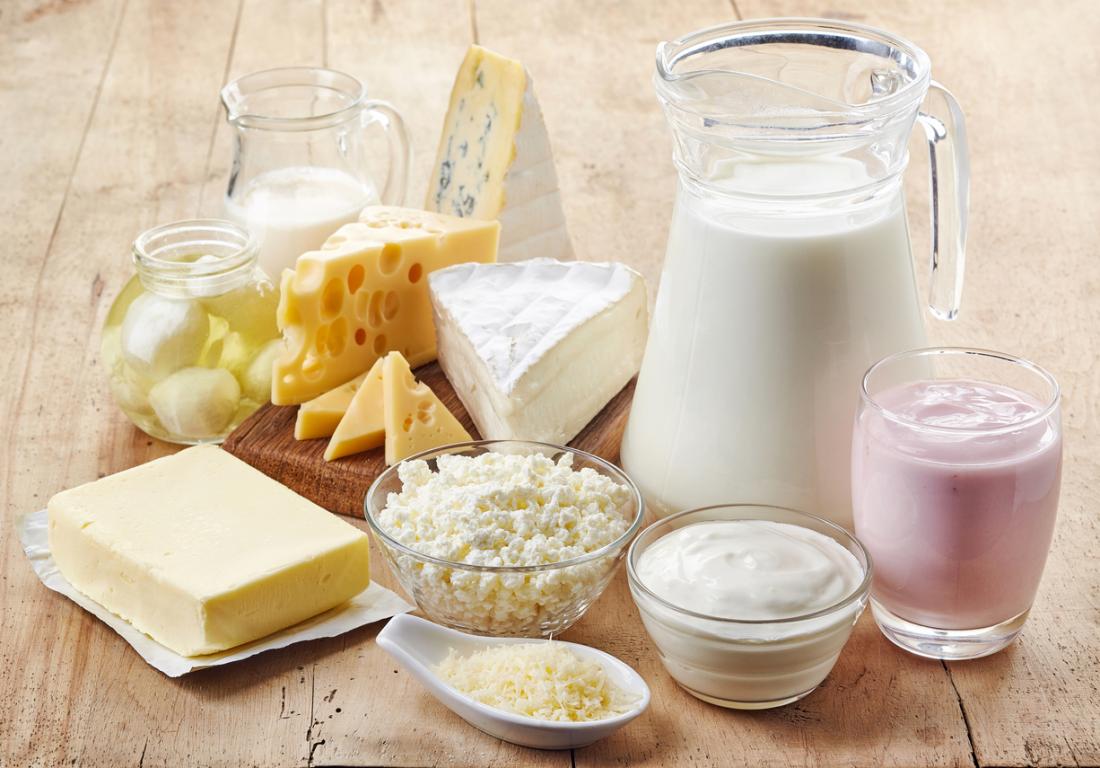
I think this is wrong, because dairy products contain saturated (harmful) fats, which the body needs in minimal quantities. Of course, if you can't live without cappuccino or cheese, I'm not advocating that you give them up completely, but I recommend reducing their consumption, and this will most likely lead to dramatic changes in weight and volume. Lactose retains water in the body. By reducing the consumption of saturated fats (if there were a lot of them in your usual diet), you will first of all begin to get rid of your voluminous belly and hated cellulite. But in this case, it is advisable to replenish calcium reserves with medication.
31. It is necessary to clearly calculate the amount of proteins, fats and carbohydrates and count calories
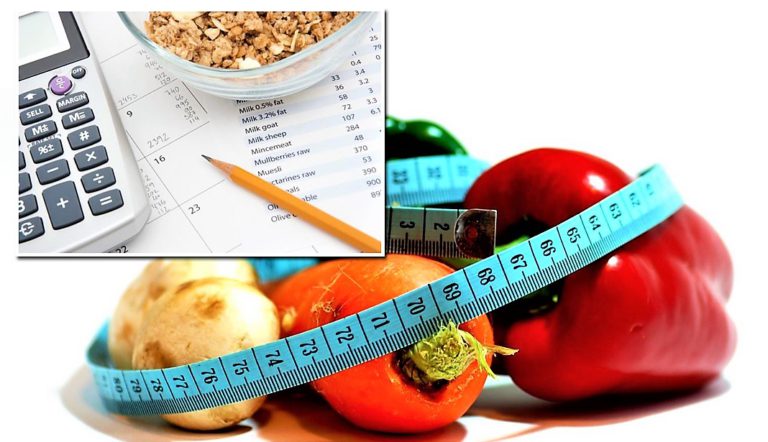
WHO recommends consuming BJU in a ratio of 1:1:4. But I am not a supporter of counting. Often it is enough to just look at the diet and see the imbalance. Counting, a person begins to obsess over numbers, but sooner or later you will have to give up constant counting, and the habit will remain, and the calculator will be working in your thoughts all the time, which interferes with life. In addition, if you consume 1300 kcal daily, then over time your body will rebuild the metabolism and will simply spend only 1300 kcal and stop "burning" fat deposits.
Important! Never add more. Maintain balance: do not be hungry and do not overeat!
32. About lunch and dinner
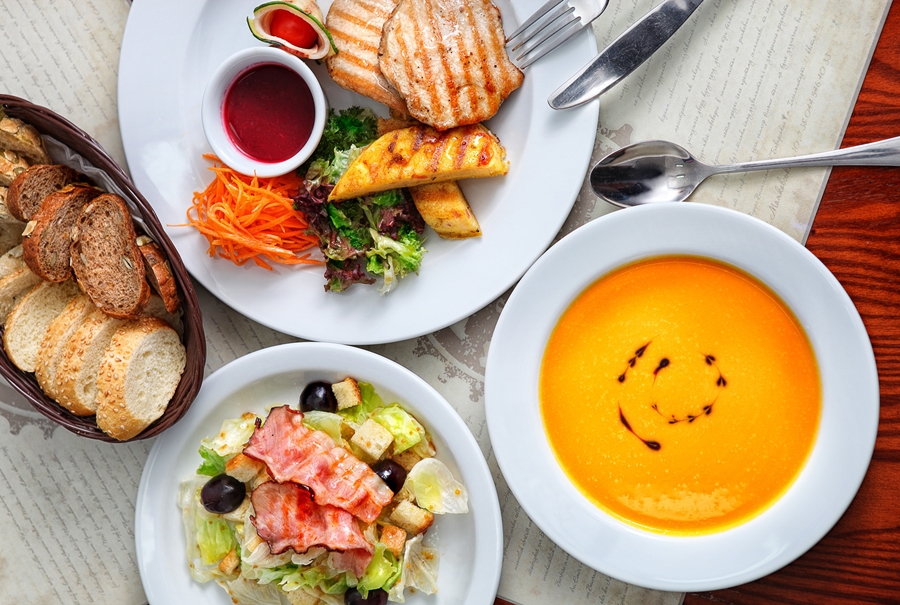
The amount of necessary carbohydrates is determined individually, based on the load. We are talking about cereals, durum wheat pasta and vegetables. At lunch, it is necessary to consume protein (fish, chicken fillet, lean meat) and about three tablespoons of cereal side dish (al dente durum wheat pasta is also possible) and vegetables (fresh or stewed), which contain the fiber necessary for the body. A snack around 4:00 pm is the time when sweets are allowed, because glucose is necessary for the brain. According to WHO, a person needs to consume 150 kcal of sweets daily. But these should be "pure" carbohydrates that do not contain fats, such as fruits, marshmallows, pastilles, marmalade. Carbohydrates + fats = the most dangerous formula for the figure (cakes and pastries). Do not turn sweets into forbidden fruit, because you can restrain yourself for some time, and then break down and eat a whole cake. This rule is especially important for those who engage in intensive sports.
Dinner should not be like a snack, it should also contain carbohydrates. Remember that you gain weight not from the foods you eat, but from a lack of balance. If you have a workout planned after dinner, then you absolutely need carbohydrates, but in smaller quantities than at lunch. You don’t need to have dinner at 6:00 PM and then run circles around the refrigerator until nightfall. Try to maintain balance, stick to a routine, drink water, and exercise.

